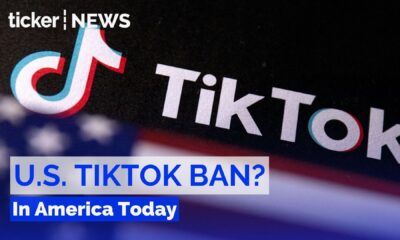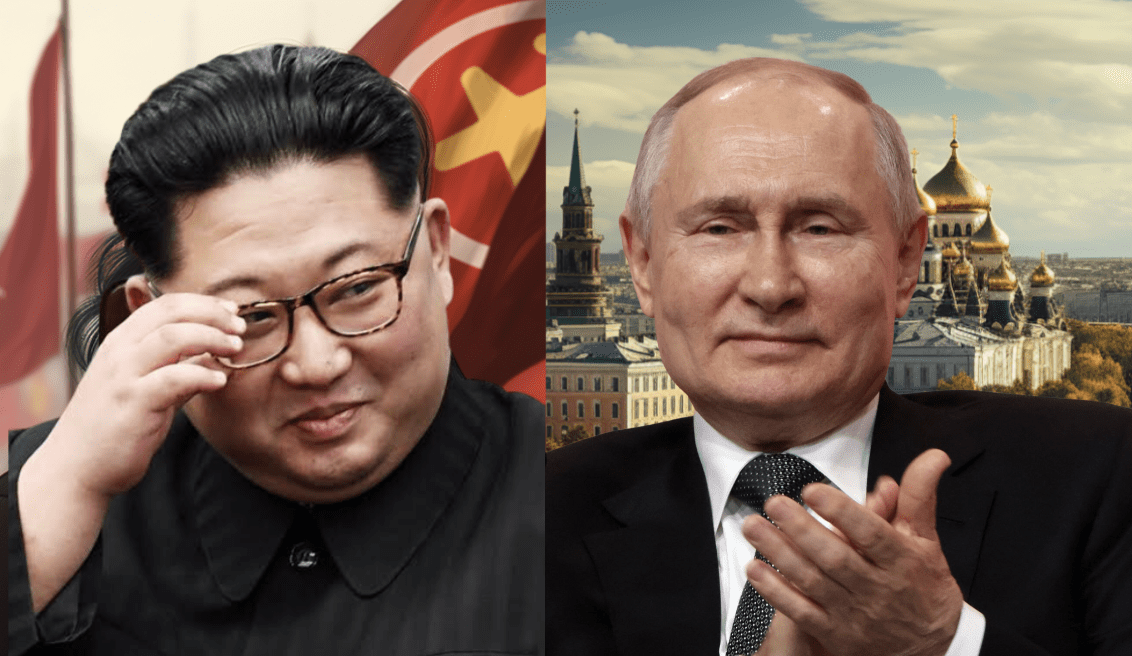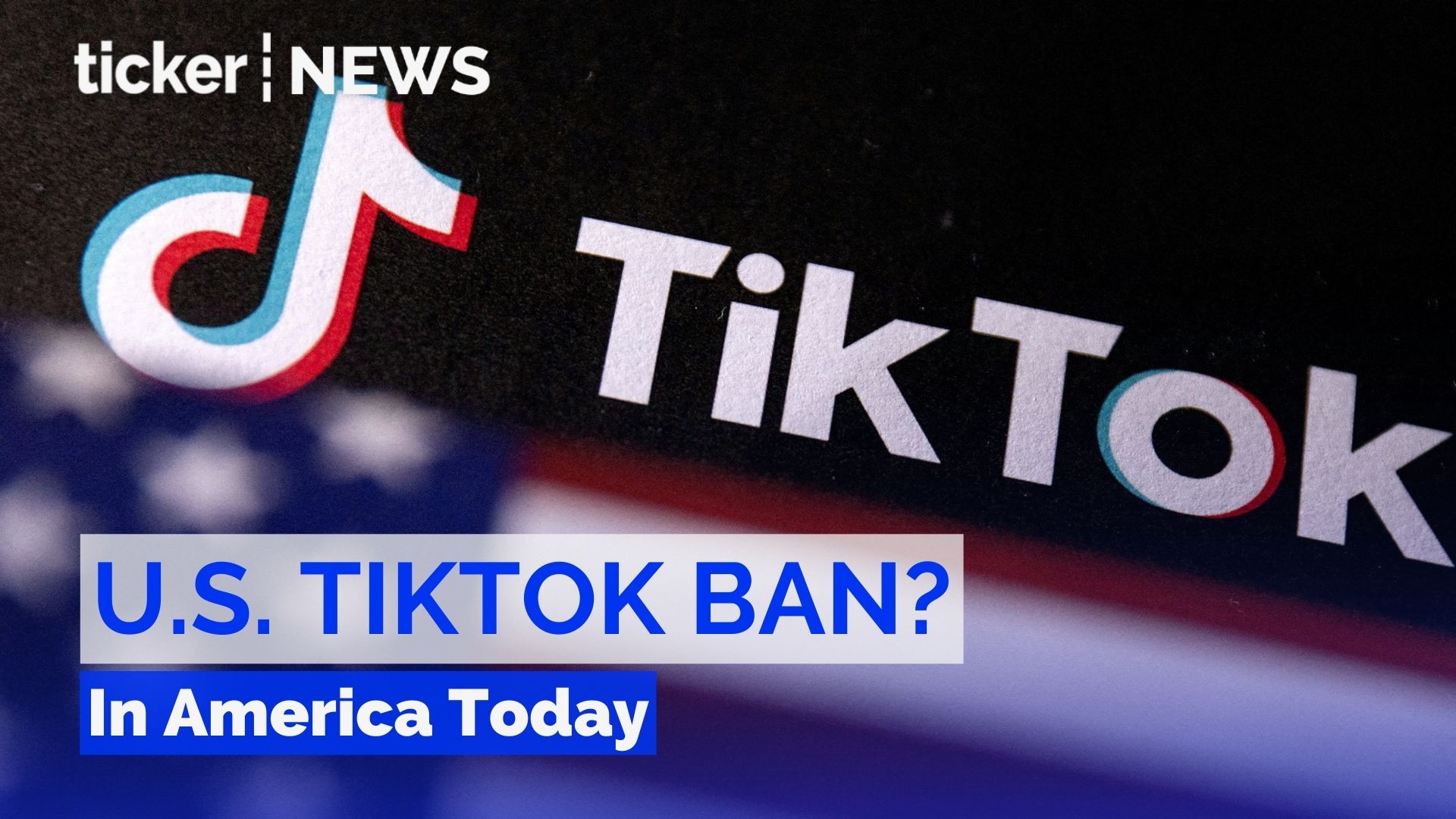News
North Korea sends well wishes against ‘imperialists’ to Russia
-



 News4 days ago
News4 days ago‘AI’ remains the big topic in big tech
-



 Shows1 day ago
Shows1 day agoThe journey of a psychic medium
-



 News4 days ago
News4 days agoWill Biden’s AI initiative fuel innovation or halt progress?
-



 News4 days ago
News4 days agoCan digital clones revolutionise work and education?
-



 Leaders3 days ago
Leaders3 days agoWhy a rapid response is paramount to cyber defence
-



 News4 days ago
News4 days agoQantas app privacy breach sparks urgent investigation
-



 News4 days ago
News4 days agoTwitch looks to Tiktok: pretender or a perfect pairing?
-



 News1 day ago
News1 day agoTikTok’s fate in the United States








